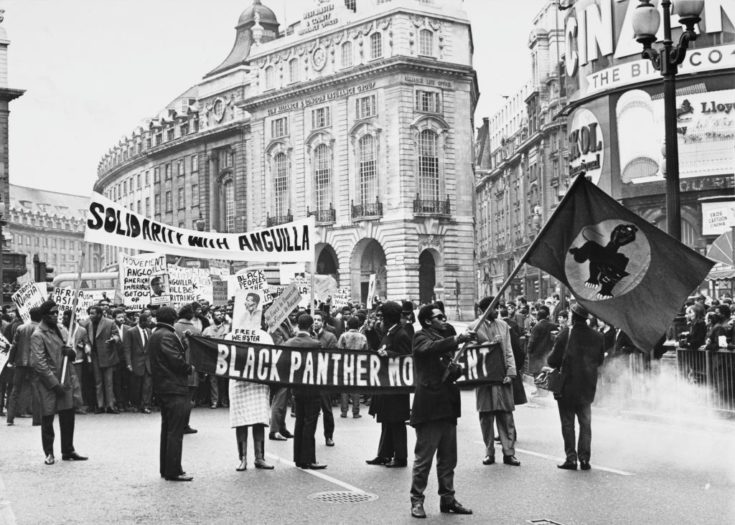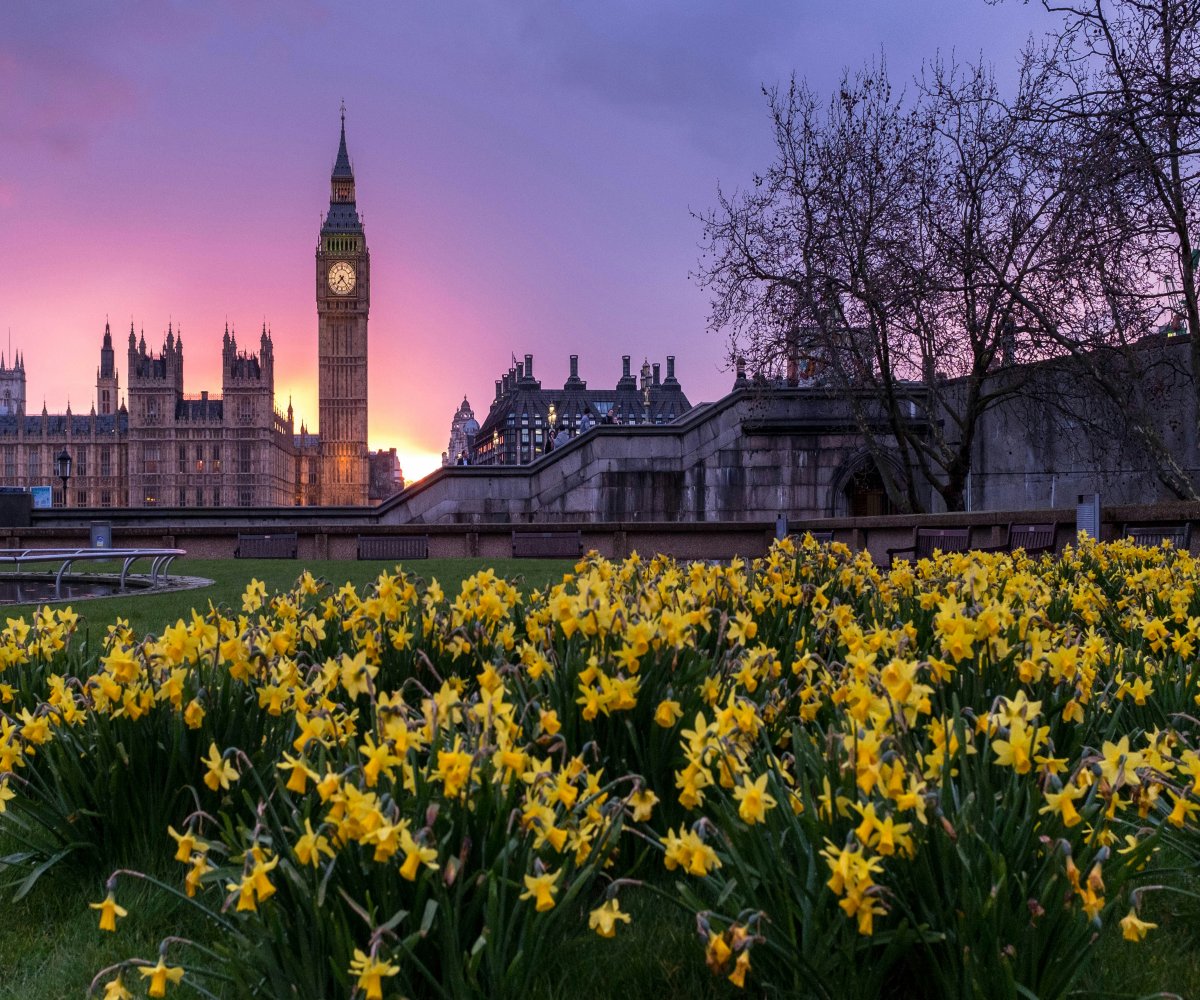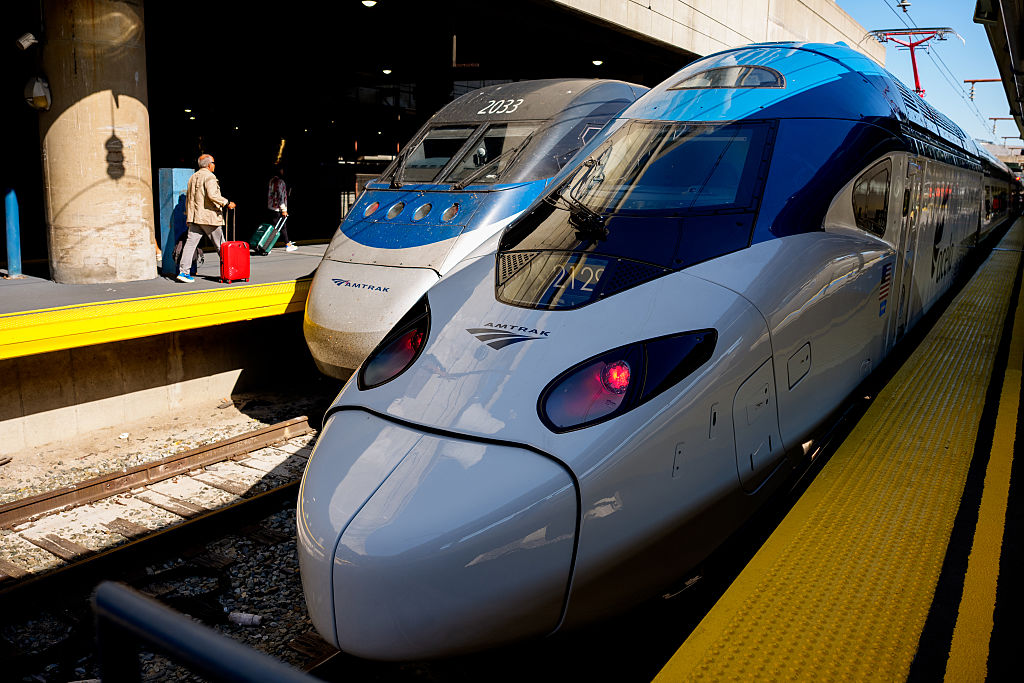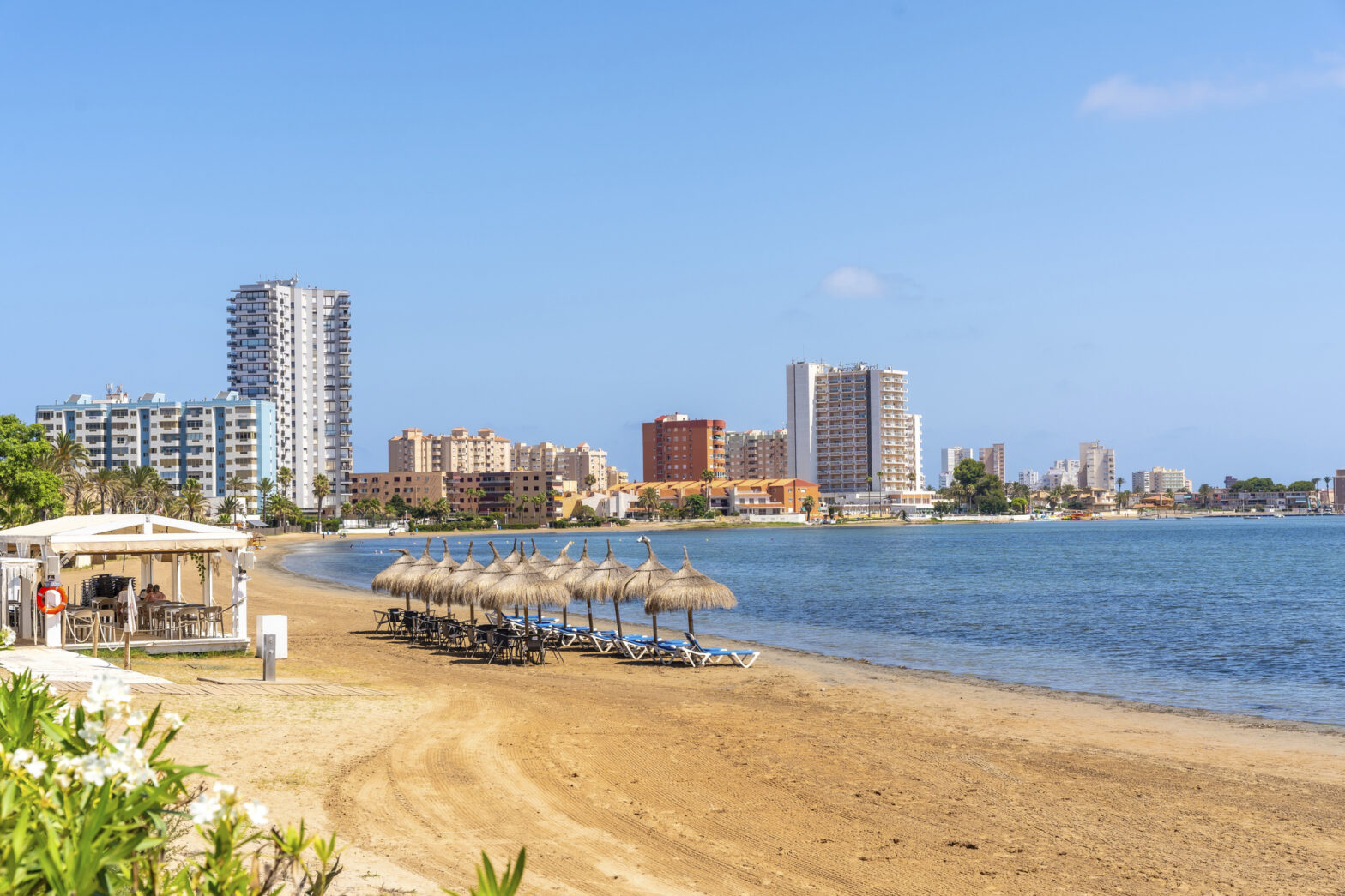The Black Panther Movement is usually associated with American history, but the movement made its way to Britain as the struggle for equality was transnational.
There was a Bristol Bus Boycott in 1963, inspired by Dr. Martin Luther King, Jr.’s Montgomery Bus Boycott in 1955. There were also “drink-ins” that took place, inspired by the sit-ins in America.
The British Black Panther was created in 1968 and lasted until 1973 and women were at the forefront of the fight for equality.
Here are three women who led the Black Panther Movement in Britain.
1. Olive Morris
Olive Morris joined the British Black Panther Movement at the age of 16. Not only did she want to join in on the fight for freedom, but she wanted to challenge the notion that the fight had to be masculine.
Her influence reached beyond London, as she co-founded two Black women’s groups: the Brixton Black Women’s Group (BBWG) and the Manchester Black Women’s Co-operative (MBWC).
Unfortunately, Morris died at the age of 27 from Non-Hodgkin’s lymphoma. Those who knew Morris believe she would still be at the forefront of fighting for equality if she were alive today.
2. Althea Jones-Lecointe
According to historians, Althea Jones-Lecointe was “one of the most powerful Black women” in the UK at the time, even though she is absent from the historical documents.
The reason? It’s widely believed that she wanted to remain anonymous.
Jones-Lecointe got involved with the fight for equality following a racist incident at the University College London. She was born with activism running in her blood, as her mother was a member of the Women’s League of Trinidad’s Independence Part.
She led BPP following Obi Egbuna’s arrest in 1970 for conspiring to kill six police officers.
One of the most significant incidents of her career was the case of the Mangrove Nine.
At the time, Black people were targeted by police in certain communities throughout London. One of those places was the Mangrove restaurant in Notting Hill.
That’s what prompted a group of 150 Black people to march down to the local police station to protest. Led by Jones-Lecointe, the march turned violent, and chaos followed.
She and eight other members, known as the Mangrove Nine, were arrested facing charges related to inciting a riot.
The trial was Britain’s most influential Black Power trial and lasted for ten weeks. Jones-Lecointe represented herself in court where she successfully exposed the racism of the police who were unable to tell Black people apart.
The Mangrove Nine were acquitted of their charges. This case is known as the first to acknowledge racial hatred from within the London police.
3. Beverley Bryan
Beverley Bryan was involved in other Black organizations before she moved to London, but she wanted to do more. She joined the BPP in 1970 and tackled the issue of education, as she was a teacher in Brixton at the time.
Historians say Bryan’s thought education was the best way to defend Black people against racism and teach them about their Blackness and their truth needed to be created.
She opened and taught at Black Panther-led Saturday schools, teaching children about the true Black history.





